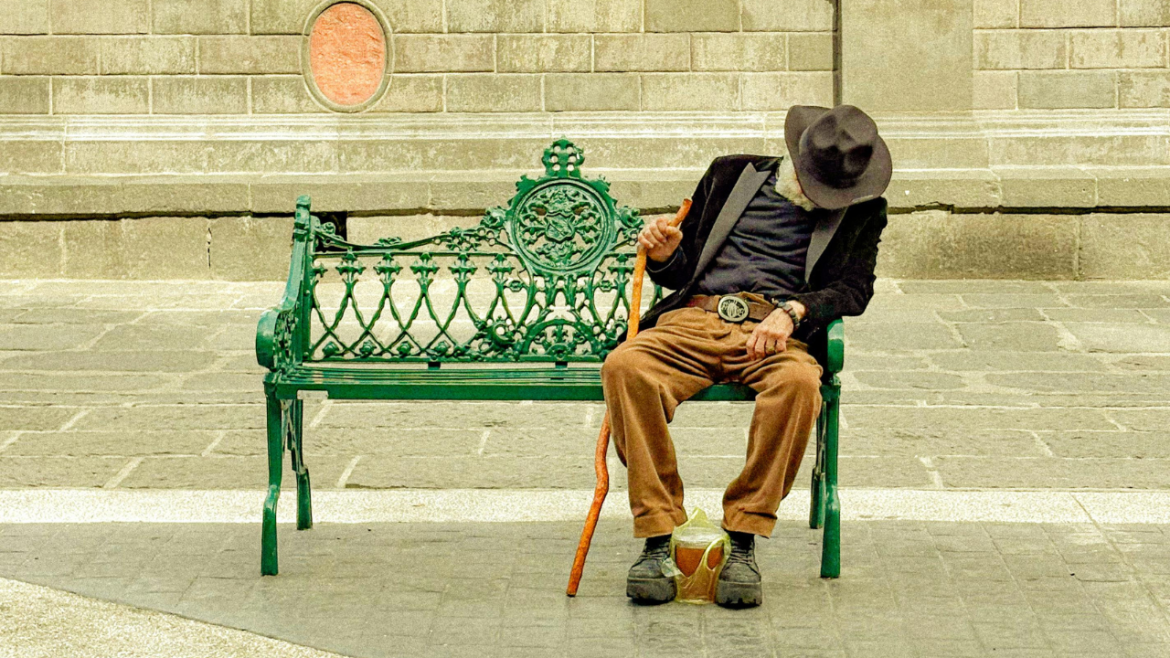The Dangers Of Seniors Not Sleeping
Sleep is one of the body’s most powerful forms of healing. It repairs tissues, restores energy, and sharpens the mind. Yet for many seniors, a full night’s rest becomes an elusive dream. Changes in hormone levels, chronic pain, medications, and stress can all disrupt the natural rhythm of sleep.
What begins as an occasional restless night can slowly evolve into chronic insomnia, leaving seniors exhausted, irritable, and vulnerable to serious health problems. The dangers of not sleeping are far more profound than fatigue—they reach deep into both physical and emotional well-being, shaping how seniors think, feel, and function each day.
How Sleep Affects The Aging Body
As people age, the structure of their sleep changes. The body spends less time in deep restorative stages and more time in lighter sleep, which is easily interrupted. This shift might seem harmless, but it has real consequences. Deep sleep is when the brain clears toxins, the heart rate slows, and the body repairs itself. Without it, every organ system suffers. Seniors who consistently sleep less than seven hours per night experience greater inflammation, slower metabolism, and reduced immune response. The body becomes less capable of fighting infection or recovering from illness, turning minor health issues into serious threats.
Lack of sleep also affects balance and coordination. Seniors who are sleep-deprived face an increased risk of falls and injuries, especially during nighttime awakenings. The muscles become less responsive, reflexes slow down, and cognitive processing declines. Over time, this fatigue-related instability can lead to accidents that threaten independence and confidence. Even something as simple as walking across a darkened room can become dangerous when the body and mind are deprived of rest.
The Impact On Cognitive Health
Perhaps one of the most alarming effects of poor sleep is its impact on the brain. During deep sleep, the brain processes memories, consolidates information, and clears away waste through a system known as the glymphatic network. When sleep is consistently disrupted, this cleansing process falters. Toxins such as beta-amyloid—linked to Alzheimer’s disease—begin to accumulate, gradually impairing memory and cognition. For seniors already facing mild cognitive decline, lack of sleep can accelerate deterioration, making everyday tasks increasingly difficult.
Chronic sleep deprivation also alters attention, judgment, and problem-solving abilities. Seniors who struggle to rest often find themselves more forgetful, distracted, or easily confused. What’s more, poor sleep affects emotional stability, leading to irritability, anxiety, and even depression. This emotional turbulence compounds cognitive challenges, creating a cycle that weakens mental health and reduces overall quality of life. Sleep, in many ways, is the foundation upon which mental clarity and resilience are built. Without it, the mind begins to unravel in ways that are both subtle and profound.
Emotional Consequences Of Restlessness
The emotional toll of poor sleep extends beyond frustration. Seniors who endure sleepless nights often experience feelings of isolation and hopelessness. As fatigue deepens, motivation wanes. Activities that once brought joy may lose their appeal. Even simple social interactions can feel overwhelming, causing seniors to withdraw from friends and family. This withdrawal feeds loneliness, which in turn worsens stress and anxiety—two factors that further disrupt sleep.
For many, the night becomes a time of worry. Thoughts race, memories resurface, and the quiet darkness amplifies fears about health, aging, or loss. This emotional burden grows heavier when sleep deprivation continues for weeks or months. Over time, it can trigger or worsen depression, creating a vicious cycle that traps the senior in exhaustion and sadness. Restoring emotional balance begins with restoring rest itself.
The Physical Risks Of Chronic Sleep Loss
Beyond its effects on mood and memory, sleep deprivation poses tangible dangers to physical health. The cardiovascular system suffers significantly. Lack of sleep raises blood pressure, increases stress hormones, and elevates the risk of heart disease. For seniors already managing chronic conditions such as diabetes or hypertension, this strain can be life-threatening.
The immune system also weakens with sleep loss. A tired body struggles to fend off infections, heal wounds, or recover from surgeries. Seniors who sleep poorly are more prone to colds, flu, and inflammatory diseases. Even digestion becomes disrupted, leading to discomfort and irregularity that make rest even harder to achieve. Sleep is not merely a pause in daily life—it is an essential biological process that keeps every system in harmony.
Finding Renewal Through Rest
The dangers of not sleeping remind us of just how essential rest is for aging well. Sleep is the body’s natural medicine, its nightly repair cycle that restores strength to both mind and spirit. For seniors, prioritizing sleep means safeguarding independence, emotional stability, and long-term health. Even small improvements—establishing a calming bedtime routine, managing pain effectively, or creating a comfortable sleep environment—can make a profound difference.
The journey to better sleep is not always easy, but it is always worth it. Rest is not a luxury—it is a necessity that protects the heart, sharpens the mind, and restores the joy of living. When seniors begin to sleep well again, they often rediscover vitality they thought was lost. Their laughter grows stronger, their thoughts clearer, and their days brighter. Because with each night of peaceful rest, the body remembers how to heal, and the spirit remembers how to hope.

